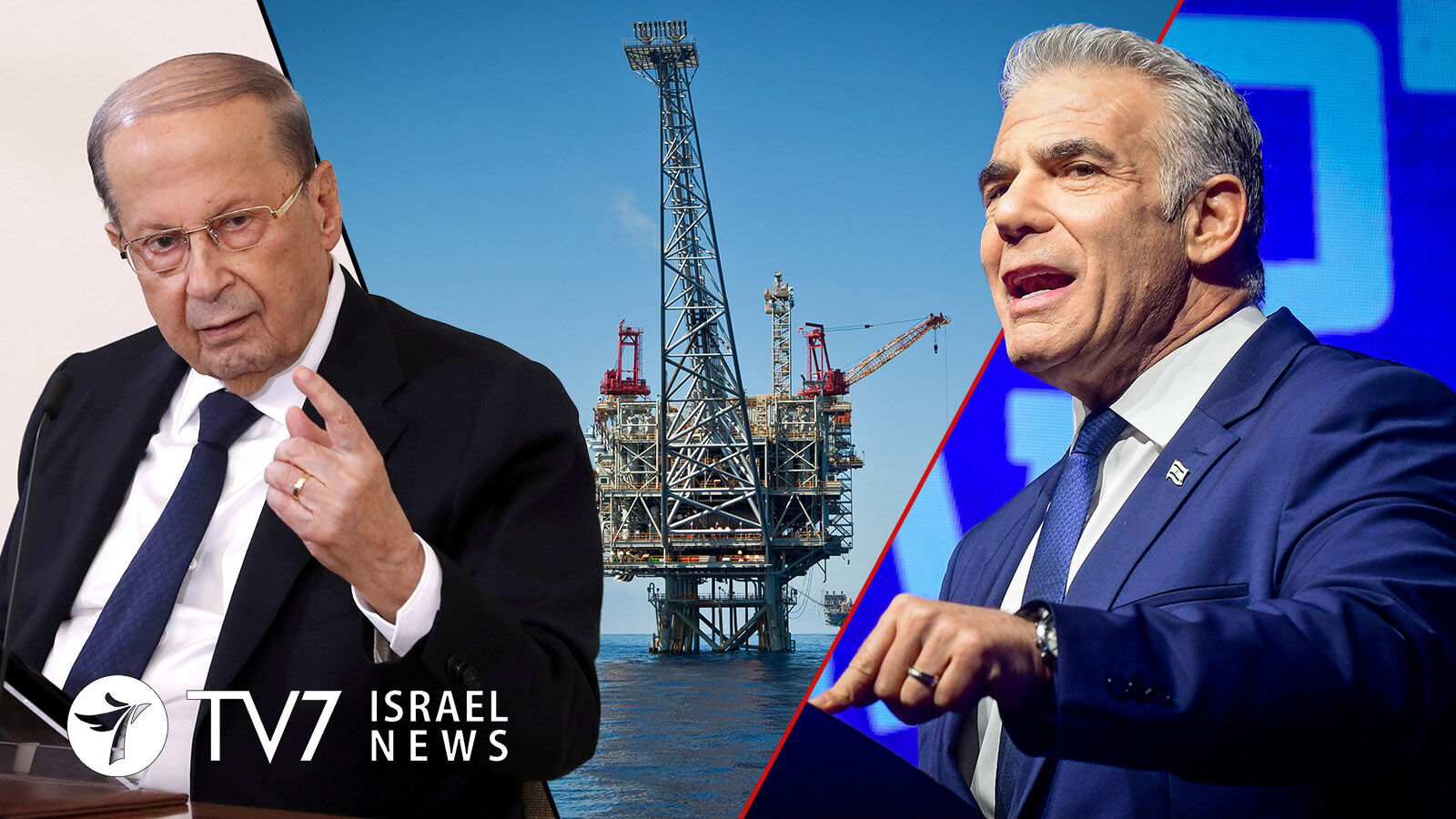The two neighboring countries have been locked in a decades-long dispute over territorial waters in the East Mediterranean Sea.
By Erin Viner
According to Lebanese President Michel Aoun, negotiations for a rare deal between the two enemy states have entered their “final stages.”
In a post on Twitter, Aoun declared that the agreement would guarantee Lebanon’s rights to explore for oil and gas.
Lebanese Deputy Parliamentary Speaker Elias Bou Saab is reportedly expected to work out a few remaining disagreements between the sides with United States Special Envoy and Coordinator for International Energy Affairs Amos Hochstein; in an ‘informal manner’ to avoid official rejection that could further delay a deal.
Washington has been trying to broker indirect demarcation talks between Beirut and Jerusalem in a process that began in 2000, to determine sovereignty over offshore oil and gas resources to pave the way for more exploration.
Israel proposed a 58:42 division in favor of Lebanon when negotiations were resumed last year, but an impasse was reached after Lebanon nearly tripled its claim by around 1,400 square km (540 square miles) over the initial Decree 6433 Lebanon submitted to the United Nations in 2011. The new Lebanese claim angles farther south, placing an 860-square kilometer triangle in the Mediterranean (amounting to about 2% of Israel’s economic waters) at stake, including the northern end of the Karish field which Jerusalem firmly maintains is part of its exclusive economic zone (EEZ).
A deal would represent a significant breakthrough between two states with a history of conflict.
“It’s diplomacy racing against tensions,” said an unnamed source familiar with the matter cited by Reuters.
“Israel believes that it is both possible and necessary to reach an agreement on a maritime line between Lebanon and Israel, in a manner that will serve the interests of the citizens of both countries. Such an agreement will be greatly beneficial and strengthen regional stability,” Israeli Prime Minister Yair Lapid said earlier this month.
He went on to emphasize that Israel’s Karish field, located about 80 km (50 miles) west of the coastal city of Haifa, “is not connected to these negotiations” in any way – and that the production of gas from the site “will commence without delay, as soon as it is possible.”
Agreement could also potentially help avert conflict with the heavily armed, Iran-backed Hezbollah terror group – which has repeatedly threatened to attack its sworn enemy Israel over water rights.
“When the Lebanese state says that the Israelis are assaulting our waters and our oil, then we are ready to do our part in terms of pressure, deterrence and use of appropriate means – including force,” Hezbollah Deputy Secretary General Sheikh Naim Qassem belligerently warned in June – just one day after a floating production storage and offloading Energean vessel arrived in the Mediterranean Sea.
Qassem went on to stress that Hezbollah would act “no matter the responses” even if it led to a broader conflict, while nevertheless calling on the Lebanese government “to hurry up” and set a deadline for a “a decisive decision” on the dispute matter,
The terror group is believed to posses an arsenal that exceeds that of the Lebanese Armed Forces.
Israeli Defense Minister Benny Gantz addressed the issue during a situational assessment at a conference in the northern Israeli community Katzrin on the Golan Heights yesterday, amid reports of Iranian intentions to further supply Lebanon with oil – despite United States sanctions on Tehran’s energy sector – that could ultimately spark a conflagration.
“Not far from here, beyond the border, we face significant challenges,” he said.
“Iran, by means of Hezbollah, tries to ‘buy Lebanon’ by means of supplying fuel, repairing of electricity systems and construction of power plants,” stressed Jerusalem’s top defense official, adding, “Obviously, Lebanon’s energy reliance on Iran ultimately enables the construction of Iranian bases on Lebanese soil in addition to Hezbollah, and to subvert regional stability. And when this happens, the residents of Lebanon will be the ones to pay the price.”
